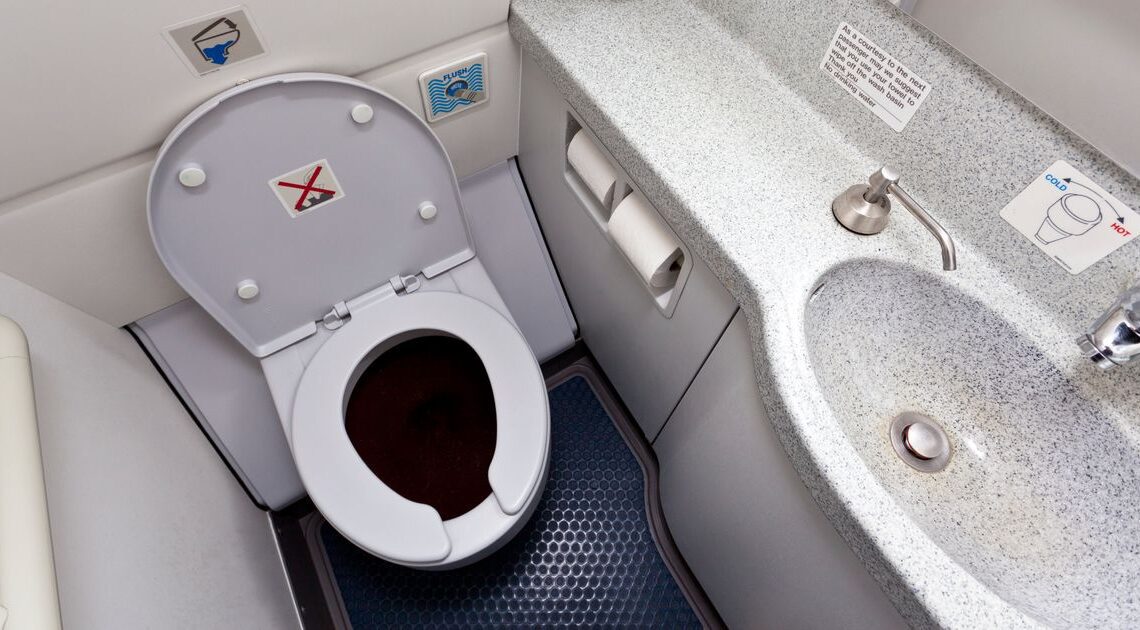A transatlantic Delta Air Lines flight made headlines this week after it was forced to turn around due to a “biohazard issue.” The problem? A passenger’s severe case of diarrhea, which left a messy trail down an aisle.
Situations like what occurred on this Delta flight are extreme, and medical emergencies can be difficult to handle at 30,000 feet. But the incident has nonetheless sparked conversations around the experience of in-flight pooping.
Although most people tend to avoid using the bathroom on an airplane when possible, this can be difficult during a long-haul flight. Sometimes nature calls.
So what should you keep in mind regarding hygiene, health and respect for fellow passengers? We asked medical experts and frequent flyers for their advice.
First of all, fecal matter is indeed a ‘biohazard.’
“Both urine and feces are categorized as biohazards due to presence of infectious disease agents and toxins,” said Jagdish Khubchandani, a professor of public health at New Mexico State University. “Our intestines and urinary tract contain bacteria, and if a person has infectious disease, they may also have virus in their intestines. These are excreted during normal times and when a person is infected.”
Coming into contact with human waste can cause bacterial, viral or parasitic infections, which can range from a mild case of food poisoning to very serious illness. These typically spread through what is called the fecal-oral route. So, for example, you might touch a surface that contains another person’s fecal matter because they didn’t wash their hands, and then later you touch your mouth or your food.
“Feces contains a lot of organisms that are invisible to the naked eye, and some of these organisms can make you very sick if ingested, even in small quantities,” said Dr. Rabia de Latour, a gastroenterologist and assistant professor of medicine at New York University’s Grossman School of Medicine. “You can get a gastroenteritis if ingested inadvertently because someone who had it didn’t wash their hands properly and spread it to you through direct contact, foodborne or through surfaces.”
Similarly, the bacteria or viruses that cause conjunctivitis can be found in fecal matter, so you could get pink eye if you touch your eye after coming into contact with those germs.
“If a person is having an acute episode of diarrhea or has a diarrheal illness ― which seems like it might have been going on in the case of that flight ―…
Click Here to Read the Full Original Article at Travel – Top Destinations, Vacation Ideas…
